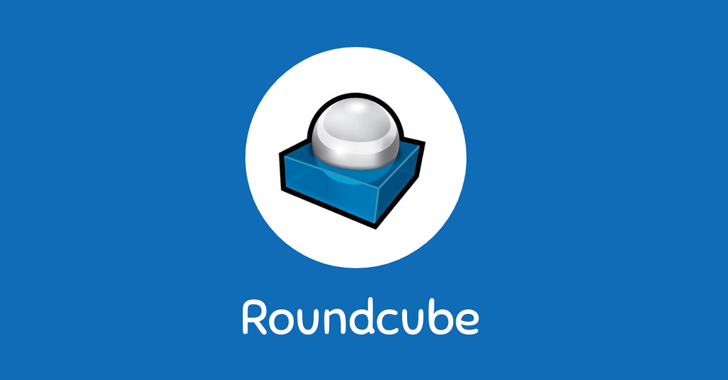- 1 Post
- 297 Comments

As I mentioned in reply to another comment of yours, the main difference in my opinion here is that I am posting this as an individual one-man company compared to something like Oracle. And the Oracle free tier still requires you to sign-up and provide your data. This free version does not have such a commitment.
I don’t care who you are? Nor do I understand why that matters - it’s not you I dislike it’s your ads. You seem a decent fellow. The rules say “no spam” not “no spam unless you’re, like, a super-cool dude with an exciting new project!”
You’re welcome to create a xpipe@lemmy.world community for people who are interested in your product. It’s free to create and you can share all the up-to-date and exciting changes you’re making as much as you like.
You could also just downvote the posts you don’t want to see and move on, you don’t have to read my posts if you don’t like them.
I have. But this is never an effective strategy against fighting spam. Which is why I raised it as a question to the community.

Oracle’s cloud platform has an “always free” plan that self-hosters tend to use - yet I don’t think we’d accept Oracle posting monthly updates in this community. But maybe I’m wrong. Maybe this community should be for ads then?
If users were posting and discussing products that’s something else. That’s a community discussing things they find interesting or useful. Direct advertising is just self-serving. You can pretend it’s not - but we both know it is.
These XPipe posts have gone well beyond “I did a thing” and are starting to feel like I’ve subscribed for release updates that I can’t unsubscribe from for a product I will never use. So at this point it’s spam.
Edit: Well - I guess I could block you as a user - which I don’t really want to… But that seems to be the only option open to me.

If you decided to devote all your time and energy to a project that was supposed to pay your bills, would you just sit and twiddle your thumbs thinking “if you build it, they will come”? ¯_(ツ)_/¯
No - I would shamelessly advertise it on every platform that let me. Which is what this person is doing. It’s a commercial product - they even call attention to that in their ad.

One thing to address is that if you’re sending lots of emails you start to raise concerns about being a spammer. Especially if somebody forgets they signed up for your newsletter and clicks “report as spam”. It can be a quick way to get blocked from your mail provider since they can themselves become blocked and they’d rather ban you than deal with that hassle. Just be sure whoever you’re sending mail through is okay with you sending “bulk” mail.

No - you’re not installing an app from the App Store. You’re running services now. There needs to be some minimum assumed knowledge about what that entails. And if you don’t have that knowledge you should expect to seek it out separately.
And if you’re too lazy or think “gee that’s difficult” then guess what? Self-hosting’s not for you. No shame - go pay for a service instead.
Nginx scales better than Apache does for static content and proxying, so it started to take over market share.
A home gamer handling a handful of users is unlikely to ever notice a difference.
But the configuration for nginx is simpler nout of the box for most things which is probably the real reason people use it at home.

It’s fairly obvious I feel.
You’re saying rather than use a system tool that does the exact thing that you want you should bodge together a cron job that accomplishes your goal but doesn’t actually do what you want.
Like say you want to stop the docker service for some reason? systemctl stop docker will do that. Then your cron job will restart it. That’s not the desired outcome. You want the service running IF the service SHOULD be running. Which is a different thing than “always running”. And its’ exactly what you get for free with systemd without any silly custom BS.

rclone & restic work okay together to create backups in a Google drive mount. There are “issues” with backing up to Google drive since it doesn’t guarantee file names are unique which is… a choice… but it should be reliable enough.